Cookson has confidence in Russian cycling despite athletics doping scandal
UCI still reviewing the WADA report and role of Russian expert on Anti-Doping Commission
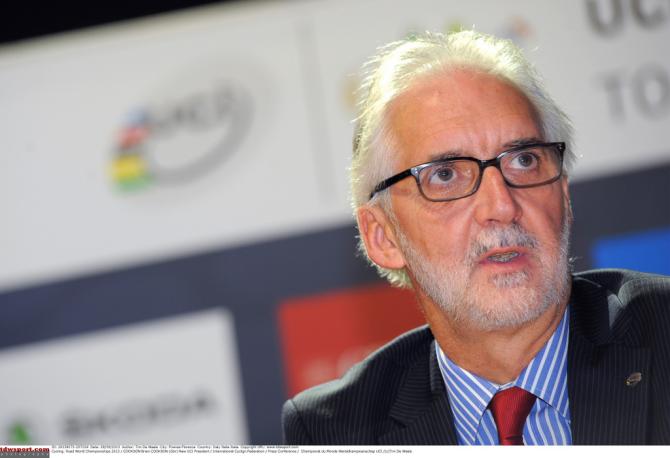
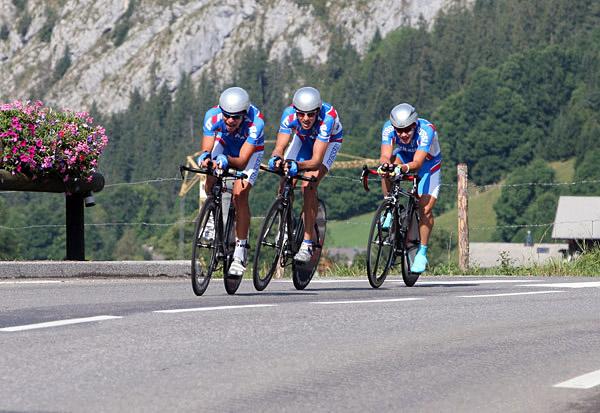
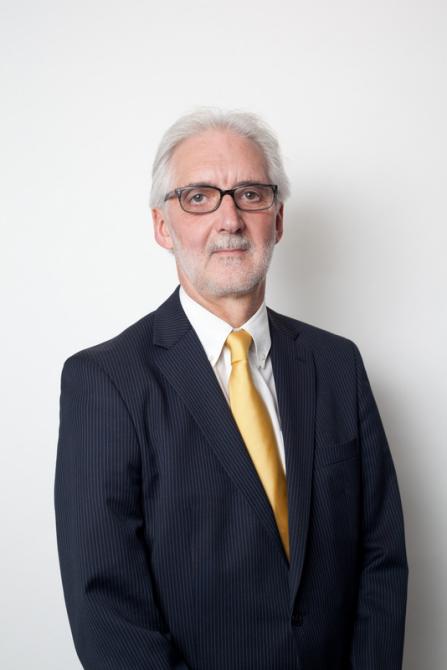
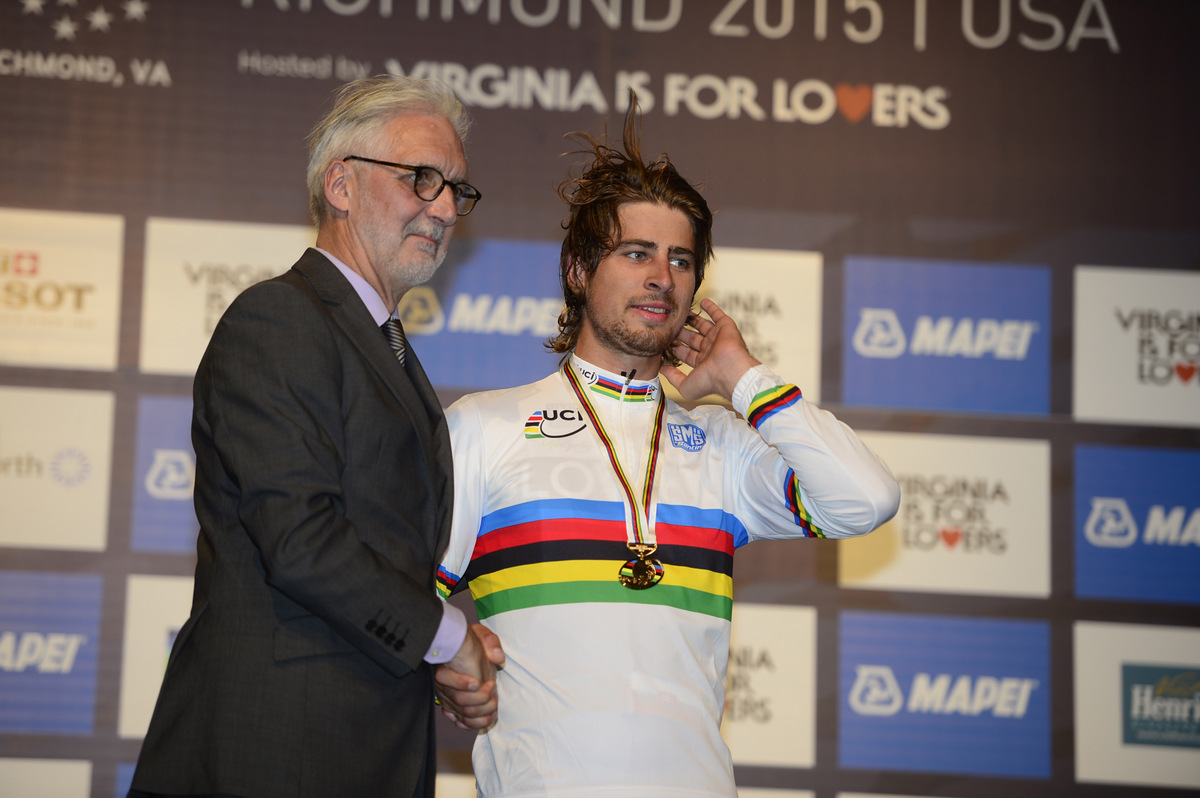
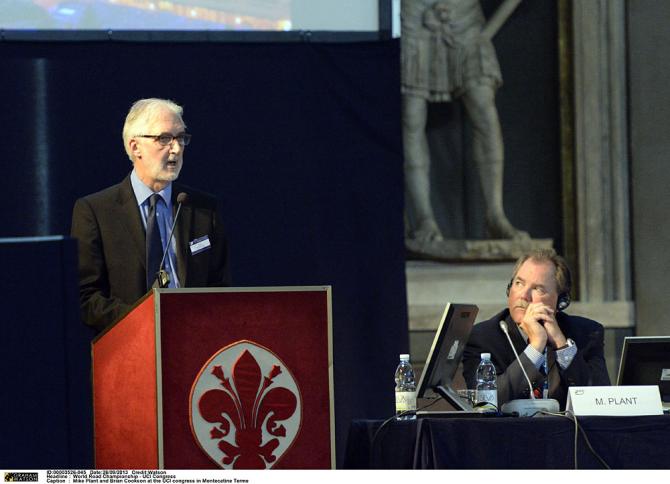
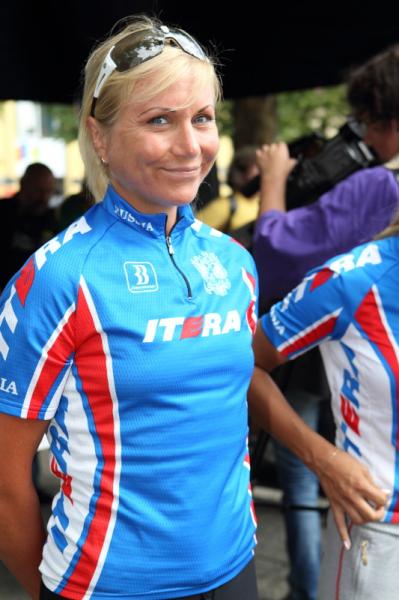
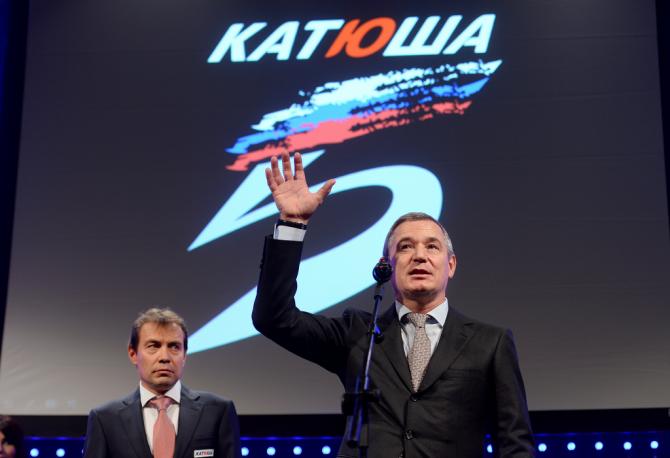
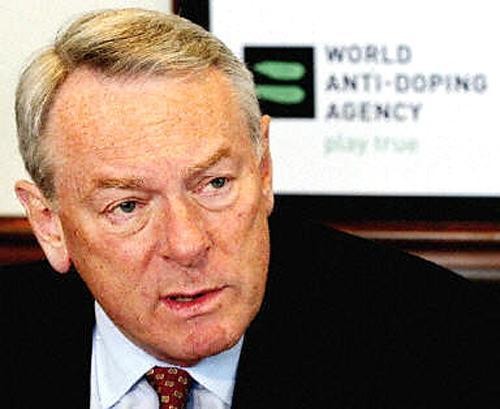
UCI President Brian Cookson said he has confidence in the Russian Cycling Federation despite the huge doping scandal that hit Russian sport in recent weeks following the publication of the World Anti-Doping Agency independent report that investigated athletics.
Former WADA president Dick Pound led the investigation and uncovered what was described as “deeply rooted culture of cheating”, with officials allegedly demanding kickbacks to cover up cases of doping, and an organised system of doping and parallel anti-doping tests to protect leading athletes.
Pound recommended that Russian athletes be suspended from competition and barred from the Olympic Games in Rio next year unless it entirely overhauls its approach. Pound said the “very damaging” findings were a reminder of an “inherited attitude from the old Cold War days”, and were probably the tip of the iceberg that extends to other countries and other sports.
WADA is currently holding a vital Executive Committee and Foundation Board meeting in Colorado Springs, and could announce further punishment for Russian anti-doping and Russian sport in the next few days. The WADA Athlete Committee Chair Beckie Scott stated today that WADA should expand Independent Commission's mandate to examine all sports in Russia.
Cookson told Sky Sports News in Britain, however, that he has confidence in the Russian Cycling Federation, that they are doing the right thing and are not covering up any illicit activity.
"I have always had concerns about all nations and all teams in our sport. I think it would be foolish of me to say I didn't have any concerns about any particular geography, any particular country, any particular branch of our sport. But I'm confident that the people running the Russian Cycling Federation are trying to do the right thing and I'm sure that if there were any problems there, they would not want to cover them up at all. But, at the moment, I'm not aware of anything specific and, if and when I was, I would take appropriate action," Cookson told Sky Sports News.
UCI connection to RUSADA
Get The Leadout Newsletter
The latest race content, interviews, features, reviews and expert buying guides, direct to your inbox!
Cookson was elected as UCI President in 2013 thanks to key support from Russian oligarch Igor Makarov, who is president of the Russian Cycling Federation. Makerov’s Itera company is a sponsor of the European Cycling Union, and he owns and funds the Katusha WorldTour team.
After Cookson was elected, Nikita Kamaev, the executive director of the Russian Anti-Doping Agency (RUSADA) was installed on the UCI's Anti-Doping Commission.
Kamaev has had to back down in the last week after denouncing the WADA report as "unprofessional, illogical and declarative." He has been forced to answer to accusations in the report that his agency is not in compliance with WADA's code, including allegations that RUSADA made a practice of providing advance notice to athletes of out-of-competition tests.
Cyclingnews asked the UCI if it would reconsider Kamaev's inclusion on the ADC, but a UCI spokesman said they were still reviewing the WADA report.
“The UCI's Commissions act as advisory bodies and members are appointed by the UCI Management Committee," the spokesman said. "The Anti-Doping Commission (ADC) was reshuffled in September 2013 and Mr Kamaev was appointed then for his experience at a National Anti Doping Organisation, to add to the medical and legal backgrounds of the other members."
Although the ADC previously was involved in some aspects of anti-doping cases, after the establishment of the Cycling Anti-Doping Foundation (CADF), those reponsibilities shifted.
The UCI assured Cyclingnews that the ADC has no direct influence on anti-doping controls or disciplinary actions.
"The ADC is an advisory body which makes recommendations on anti-doping policy. Under the UCI's current rules the ADC does not act as an appeal body to lift provisional suspensions or review whereabouts failures and it has never been involved in the adjudication of anti-doping cases."
Vindication for cycling
The International Athletics Federation (IAAF) is under huge pressure as police investigations into corruption and anti-doping continue. The WADA report states it has "turned over considerable data and information to Interpol" that includes evidence of criminal conduct of various actors. That information is expected to be made public when the ongoing investigations are completed. The report predicts the results of these inquiries will be wrapped up by the end of the year "for purposes of appropriate civil follow-up and actions".
Though the athletics scandal makes the Lance Armstrong case, which was described as "the most sophisticated, professionalised and successful doping programme that sport has ever seen", look amateur in comparison, Cookson pushed back on the idea that the UCI should carry out some kind of targeted investigation or testing of Russian athletes.
"We have truly independent processes here [at the UCI] - the Cycling Anti-Doping Foundation, the Anti-Doing Tribunal, the legal service. All that happens without my direct involvement,” Cookson said. "I don't ask them to target anybody or any nation or team, and equally, I don't tell them not to target any team or nation or individual."
As a consequence of the many doping scandals in cycling in recent years, the UCI has been forced to take action. Since Cookson's election, the UCI has become recognised as having one of the best anti-doping structures in sport,. The Biological Passport and intelligence-based targeted testing have had a significant effect in the fight against doping. The Cycling Anti-Doping Foundation is funded by the UCI and is based in the same offices as the UCI at the Aigle track structure, but is formally independent of the UCI, distancing the governing body from previous "fox guarding the henhouse" accusations.
Cookson said he felt vindicated that cycling has acted to clean up its image.
"I do feel slightly vindicated, yes. I do feel that this is something that other sports are going to have to face more seriously now, and I don't think we're just talking about athletics here; I think we are talking about other professional sports,” Cookson said.
"I'm sure that the people in professional cycling are no more morally challenged than in any other sport or any other field of human activity, for that matter. I do think there will be a need for other sports to do what we have done, but equally, we have still got some work to do and our experience shows that these things take a heck of a long time."

Stephen is one of the most experienced member of the Cyclingnews team, having reported on professional cycling since 1994. He has been Head of News at Cyclingnews since 2022, before which he held the position of European editor since 2012 and previously worked for Reuters, Shift Active Media, and CyclingWeekly, among other publications.